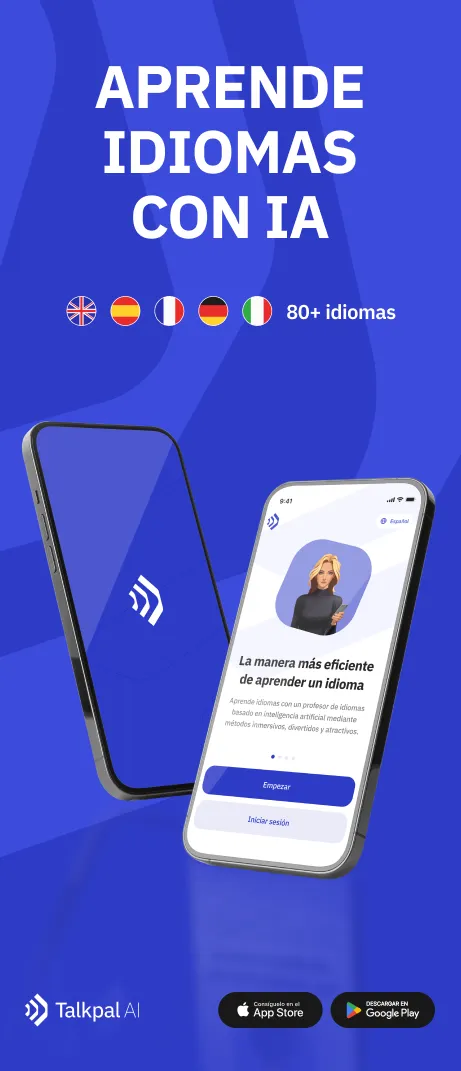Ejercicio 1: Elige la opción correcta: sustantivo contable o incontable
2. There is some *water* in the bottle. (Pista: “Water” es incontable; no puedes contar las aguas individualmente.)
3. She bought three *apples*. (Pista: “Apples” es contable, puedes contar manzanas.)
4. I need some *information* about the train. (Pista: “Information” es incontable, no se dice “informations”.)
5. We don’t have much *rice* left. (Pista: “Rice” es incontable, se mide pero no se cuenta individualmente.)
6. There are several *chairs* in the room. (Pista: “Chairs” es contable, puedes contar sillas.)
7. She always drinks *milk* for breakfast. (Pista: “Milk” es incontable, no lleva plural.)
8. Can you give me an *apple*? (Pista: “Apple” aquí es contable y está en singular, acompaña con “an”.)
9. I have some *money* in my pocket. (Pista: “Money” es incontable, no lleva plural.)
10. How many *eggs* do you want? (Pista: “Eggs” es contable, puedes contar huevos.)
Ejercicio 2: Completa con some/many/much/few/little según el sustantivo (contable o incontable)
2. I have *a little* sugar in my coffee. (Pista: “Sugar” es incontable, usa “a little” para poca cantidad.)
3. She didn’t buy *many* apples. (Pista: “Apples” es contable, usa “many” en negativo y preguntas.)
4. We have *some* bread for dinner. (Pista: “Bread” es incontable, usa “some” para cantidades no especificadas.)
5. He eats very *few* vegetables. (Pista: “Vegetables” es contable y en plural, usa “few” para poca cantidad.)
6. There isn’t *much* milk in the fridge. (Pista: “Milk” es incontable, usa “much” con negativas.)
7. She added *a little* salt to the soup. (Pista: “Salt” es incontable, usa “a little” para pequeña cantidad.)
8. Are there *any* oranges left? (Pista: “Oranges” es contable, usa “any” en preguntas.)
9. He has *little* patience with children. (Pista: “Patience” es incontable, usa “little” para poca cantidad, casi nada.)
10. We drank *some* juice at breakfast. (Pista: “Juice” es incontable, “some” para una cantidad no específica.)










